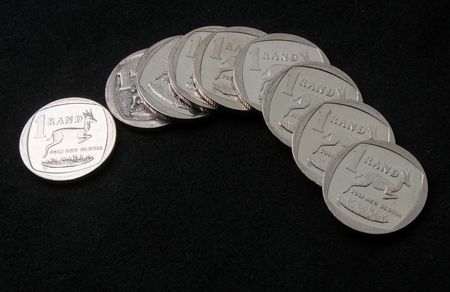By Nqobile Dludla
JOHANNESBURG (Reuters) – South Africa’s telecoms industry body is pushing for digital content and service providers to help pay for the roll out of network infrastructure because they generate a huge part of the internet traffic.
The Association of Comms and Technology (ACT) CEO Nomvuyiso Batyi said that the revenues generated by over-the-top (OTT) platforms and the continued success of the OTT model was dependent on the availability of high-quality, reliable and efficient network infrastructure.
So “what we’re saying is that the OTTs should contribute towards the network upgrades, the network building,” she added.
OTT platforms or services deliver digital content such as video, audio and messaging directly to consumers over the internet.
“Fair share” arrangements ensure that OTT providers contribute to the costs of building, maintaining, and upgrading the infrastructure that supports their business.
This helps balance the use of resources and creates an incentive for network operators to invest in network infrastructure in order to support the growing demands of digital services, the industry body said in a paper published on Tuesday.
Mobile operators such as Vodacom group and MTN Group spend up to 41 billion rand ($2 billion) annually in expanding their network.
The paper proposes that this contribution should be determined through mutual agreements on usage charges.
It also acknowledges that calculating how tech players should bear some of the rollout costs is a complex task.
“To ensure fairness, any fair share arrangement should be grounded in law, commercial fairness, and a consideration of the industry dynamics,” it said.
ACT wants a collaborative approach that looks at how OTT service providers can be regulated like network operators and brought into the country’s licensing and policy regime.
MTN Group CEO Ralph Mupita pointed out that the tech sector had helped sub-sea cable investment around the continent.
“I think if you’re too punitive, you can destroy that whole broader eco-system and there needs to be some share of that investment that is more like operational expenses than capital expenditure,” Mupita said.
($1 = 17.8994 rand)
(Reporting by Nqobile Dludla;Editing by Elaine Hardcastle)








